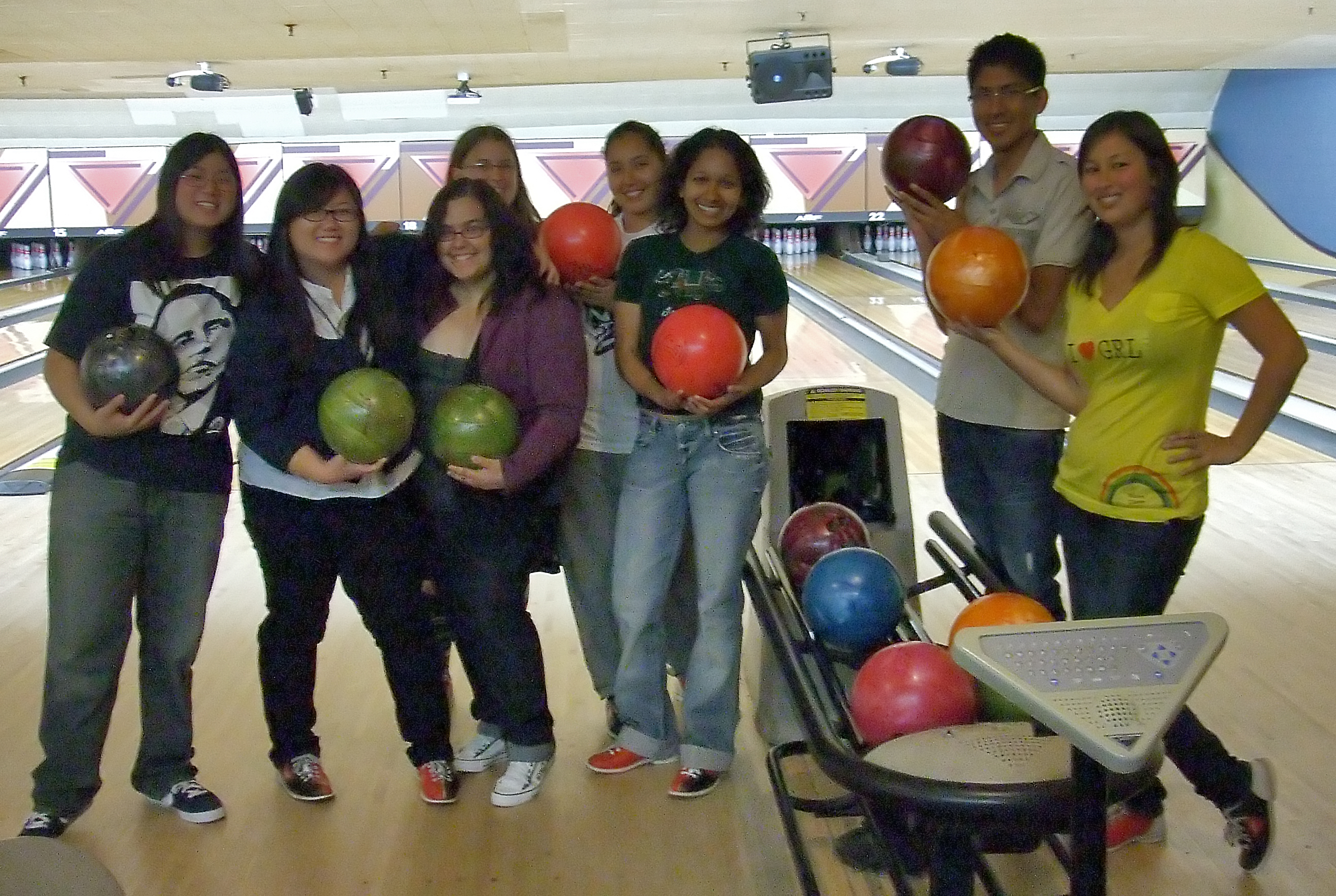Correction: Jeanette Zuniga and Amy Franklin were misquoted in the original version of this article.
By spring 2010, the members of the UCLA chapter of Gamma Rho Lambda had held a number of social events.
They had movie nights, trips to Yogurtland and co-hosted a Pride Prom with Delta Lambda Phi. In May they attended a spring sorority event less common than the rest. It was the wedding reception for the domestic partnership of the UCLA chapter’s president and founder, Amanda Murillo.
Murillo, who graduated in the spring with a degree in history, founded the progressive women’s sorority in the spring of her third year at UCLA after coming in as a transfer student.
“The campus is so big. … I just wanted to have a little family within the campus,” Murillo said. “A safe haven, and an organization that would be accepting.”
Murillo had heard of the lesbian, gay, transgender, bisexual, questioning, queer, intesexed, allied, or LGBTQQIA, sorority at other schools and said she was surprised that it was not already established at UCLA.
Within months she had a group of people interested in being founding members, and in the spring of 2009 they applied to both the national chapter and to the UCLA’s Multi-Interest Greek Council to become a colony, the step before a Greek organization gains chapter status.
In spring 2010 the sorority gained chapter status with both MIGC and the national organization and boasted 10 members, five of whom graduated only weeks later.
Now the remaining five are recruiting new members, with rush week starting today.
They reached out to students through the Enormous Activities Fair, classroom visits and Bruin Walk fliering, marketing themselves as an all-inclusive sorority for anyone who identifies herself as a female.
That the title “sorority” is attached to the group provides one major challenge in recruiting, said chapter president Amy Franklin, a third-year sociology student. In addition to the $140 quarterly membership fee and the high number of LGBT groups that already exist on campus, the queer community generally shies away from the Greek community because of the stereotype that the culture of Greek life is largely based on heterosexuality, Franklin said.
The number of people in the sorority does not matter as much as the ability to have a group of people to know on a deeper level than is possible in other organizations, Franklin said. This allows the members to provide a greater level of support and friendship for one another.
Gamma Rho Lambda tries to bridge the gap between the Greek community and the LGBTQQIA community to show that they can go hand in hand, said Franklin.
“It’s really important to break the stereotype of what Greek life is,” said Jeanette Zuniga, the vice president of the sorority and a fourth-year Chicana/Chicano studies and women’s studies student.
Zuniga said she found out about the sorority because she had a class with Murillo. Although the topic caught her interest, she was originally hesitant to attend events in the winter.
“I was opposed to Greek life. I heard they were sexist, homophobic, and I didn’t want to associate with that because I identify myself as a feminist,” Zuniga said.
After attending an event and realizing that there was a group of people with similar interests and views as herself, however, Zuniga’s outlook took a 180-degree turn and she became a member.
“I needed an organization to belong to, needed somewhere to call home,” Zuniga said.
